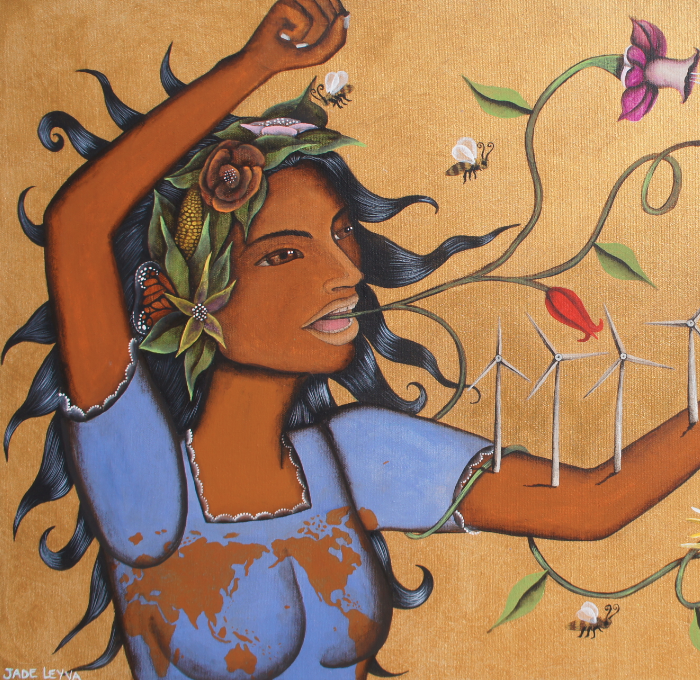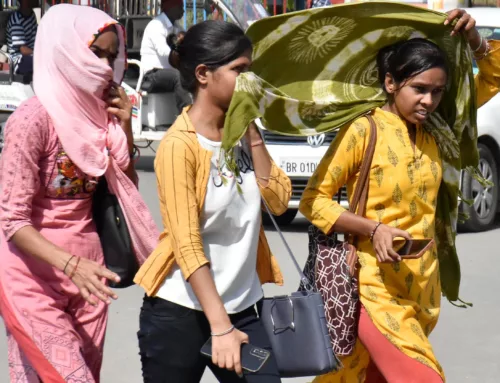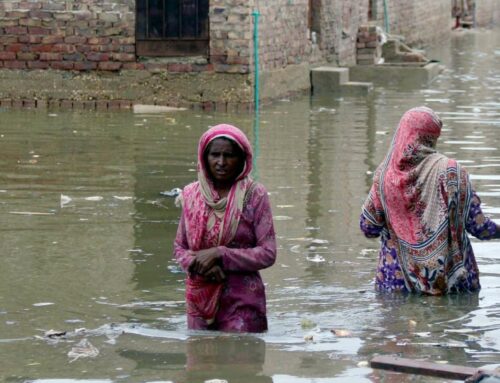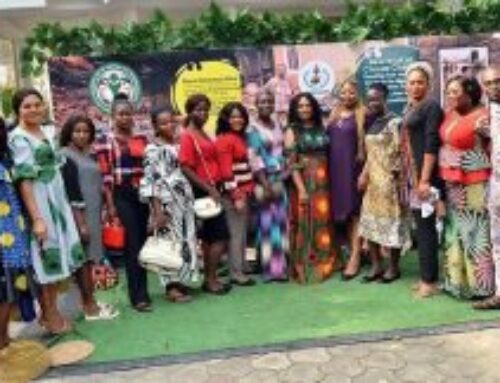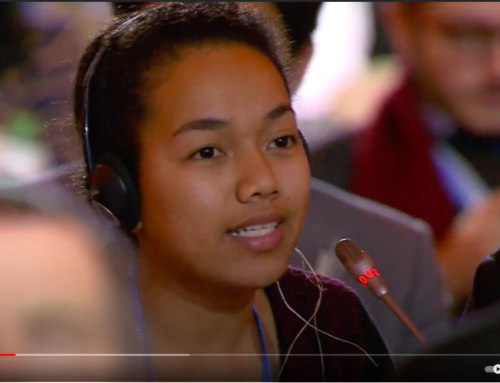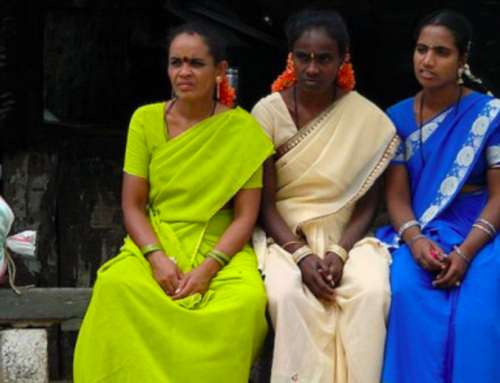According to several case studies, more women die in environmental disasters than men, due to the fact that they often face gendered challenges during natural disasters and emergencies. For instance, women may face domestic violence due to lack of safe spaces in relief centers. In developing countries, women are often the ones responsible for providing water for their families, a task that becomes strained during disasters. This article also examines how women’s voices are absent in modern patriarchal disaster-response societies, and the need for gender-sensitive data collection and women’s inclusion in leadership and decision-making regarding disaster management.


